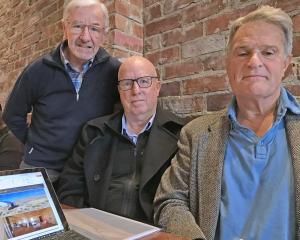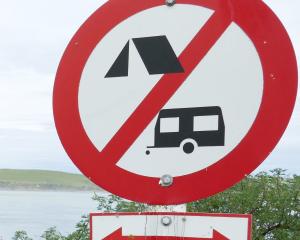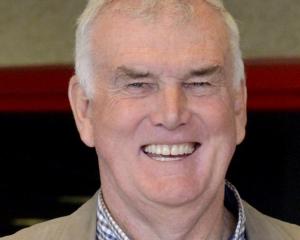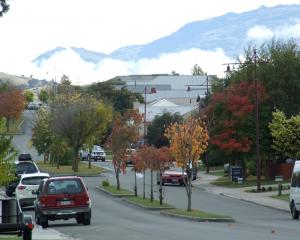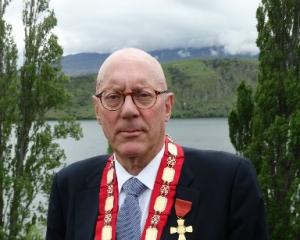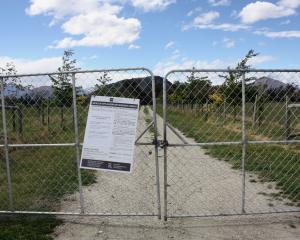Perhaps it is no surprise a group in Wanaka is investigating a split from the Queenstown Lakes District Council.
The town is the major focal point of the district outside the Wakatipu Basin and has grown quickly in recent decades.
Its interests, naturally, do not always coincide with Queenstown's, and recent decisions from headquarters over the hill have raised ire - notably restructuring in the Wanaka library and Wanaka Wastebusters' issues.
And Wanaka ratepayers will not be happy if they end up contributing to a Queenstown convention centre.
It is, though, a huge step from dissatisfaction to going it alone, a fact that seems to be recognised by the group.
It is, sensibly, investigating the financial viability, because there would be nothing like the prospect of a substantial rates hike to put Wanaka residents off. The group will also realise there are many matters to consider.
The support of the voters and ratepayers of Wanaka would be required, as well as backing from the Local Government Commission.
At the very least the commission would have to be satisfied there was community support in the affected areas.
The trend, exemplified by the extreme of Auckland, is towards consolidation and amalgamation, and small councils tend to have limited resources for specialisation and the development of expertise.
Conversely, larger councils often prove to be cumbersome with top-heavy and higher paid executives. They can be less responsive to citizens, looser with spending and less in touch with what is required.
Overall, there would be much duplication of roles. A Wanaka District Council would require its own district plan, long-term community plan and so on and so forth.
Councils operate in many areas.
One assumes Wanaka would take in Cardrona, Lake Hawea, Hawea Flat and Luggate, abutting the Central Otago district on the road to Lowburn, with the Crown Range summit the natural southern boundary.
Any move to break away could well require good support from those communities. Until 1989, Hawea and much of the Upper Clutha, as part of the Vincent County Council, had links to Cromwell and Alexandra and county headquarters in Clyde.
Wanaka, as part of Lakes County Council, was under shared administration with parts of the Wakatipu outside the boroughs. Wanaka was much smaller then, and had been primarily a rural servicing town.
In those days there was logic in a tie up with Central Otago, but that makes less sense now.
The primary underlying industry for both the Wakatipu and the Upper Clutha is tourism and holiday makers.
The skifields are shared across both areas, and both have strong summer lake and mountain attractions.
Given the trend towards larger authorities, one idea is a combined Central and Queenstown authority.
Some services, notably through the libraries, are shared and there is a natural convergence point in Cromwell. Given historic differences and established interests, however, it is hard to see this flying.
As well, towns like Ranfurly and Roxburgh are a long way from Queenstown, and not just in geographic distance.
Wanaka and the Upper Clutha as a population base would be among the country's smallest councils if it does fly solo, while - with about 7000 people - still being larger than Mackenzie and Kaikoura. There are seven district councils in the North Island with populations between 6900 (Kawarau) and 9540 (Waitomo).
Those under 10,000 in the South are Westland (8900), Waimate (7660), Mackenzie (4090) and Kaikoura (3790). Given the number of businesses and holiday homes, Wanaka would also have a considerably larger rating base than many.
It is natural for outlying areas to feel disgruntled. At the very least, this displeasure keeps the pressure on the central authority to remember its interests.
On occasions, too, the removed location can be the squeaky wheel that gets stronger responses and better spending.
But while it does little harm for the Wanaka group to investigate the viability of a split, there remains a long way to go before that could, or should, come to pass.

